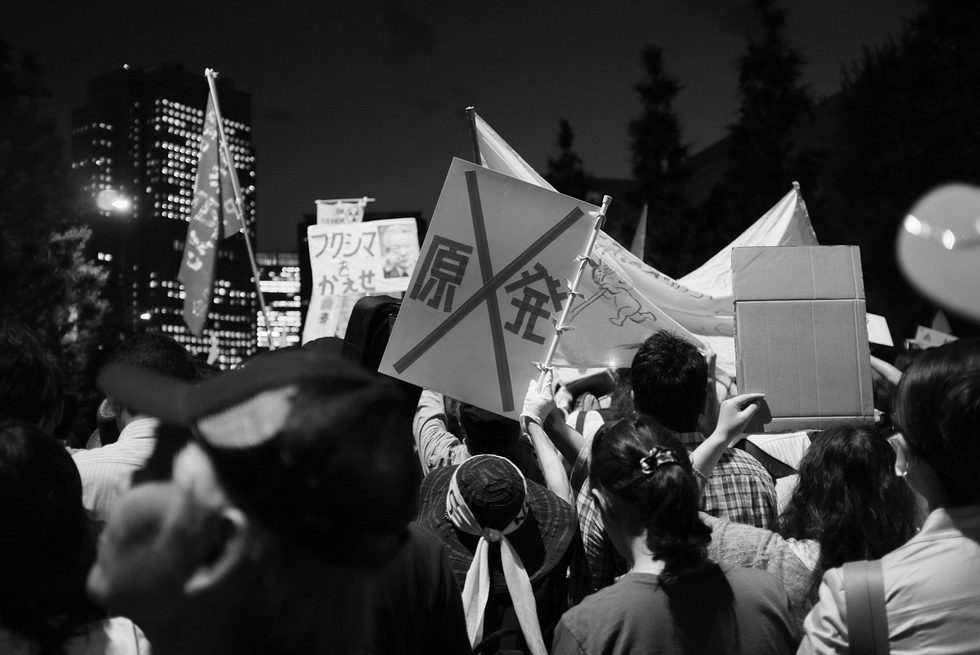From Bravado to Radical Interdependence
From the Series: 3.11 Politics in Disaster Japan: Ten Years Later
From the Series: 3.11 Politics in Disaster Japan: Ten Years Later

Despite ten years having passed since the Fukushima nuclear accident, we still can’t enter the nuclear plants and their surrounding area due to excessively high radiation levels. The Japanese government continues their efforts to cut back on the compensation to which the residents from the affected areas are entitled. And, as for attempts to whitewash the memories of the Fukushima nuclear disaster, the Olympic games are the most useful for that. What the government wants to instill in Japanese after Fukushima is an atmospherics of complacency: “we’re alright, there is no problem here, the recovery is complete.”
But in reality, the situation for many is harsh and has not been managed at all, contrary to the government’s insistence. The efforts at decontamination have been limited to residential areas, while elsewhere in the region, including the vast mountain areas, decontamination has barely even started. Thus, wind and rain carry contaminated dust into the residential areas where people had remained, or returned, to live. The Japanese government, however, has shrunk the evacuation zone in order to reduce the expense of compensation. For the same reason, it increased the maximum permissible radiation exposure from 1 mSv per year to 20 mSv per year after the accident.
For many people in Fukushima, forbidding access to these mountains means that they are prevented access to an important means of subsistence. The mountains also provide common playgrounds for children and valuable ecological sites where adults show kids how to catch fish or gather wild food stuffs. The nuclear accident took away a lifestyle that depended on this subsistence, but of course, no one is compensated for that.
The government says we should accept contamination because (in some way) our losses from contamination will be compensated by “the economic recovery.” But this calculation excludes these important losses that can never find just compensation. For me, this view of economic recovery seems to be a kind of bravado. We must be given a chance to grieve over what is lost in our world by the accident. But the “recovery” discourse and its metrics for reconstruction deny the value of that loss, and attempt instead to simply distract us from it by cheering us up with the image of a shiny bright tomorrow, embodied most obviously in the Olympic Games.
They want us to believe that we’re alright.
I think this attitude is endemic to environmental pollution everywhere. For example, as Arlie Russell Hochschild (2016) points out, in conservative “red states” in the United States, Republican voters might be victims of environmental destruction, but they still tend to vote for the very politicians behind this destruction. They need help from their government but, identifying themselves with the ideology of cowboy individualism, they cannot ask for support and protection.
The attitude of bravado promotes the loss of our agency and denies the crucial recognition of how vulnerable we are to disaster. But life is precarious today. And we should accept our own essential vulnerability, recognizing that we are NOT alright. By doing so, this would lead us to a radical politics of interdependence, including not only people but also nature. The urgent need for creating such interdependence is also evident in the COVID-19 pandemic today.
Read Nozomu Shibuya’s essay “A Movement of the People vs. Elite Panic,” published July 26, 2011.
Hochschild, Arlie Russell. 2016. Strangers in Their Own Land: Anger and Mourning on the American Right. New York: New Press.